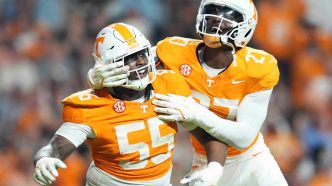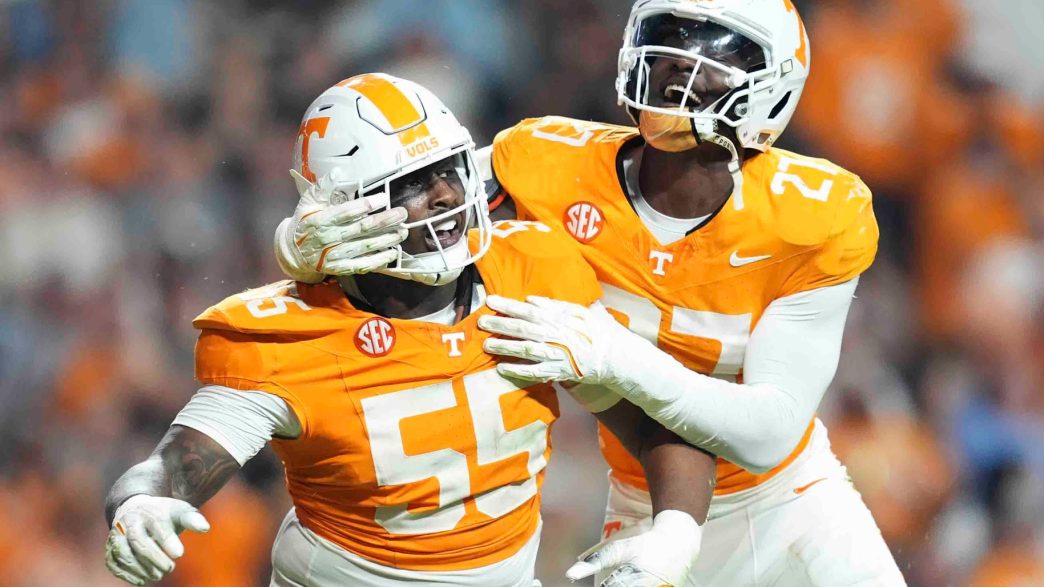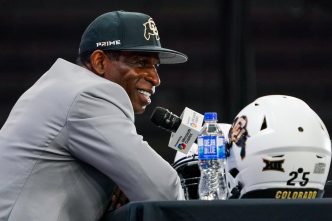When five-star recruit Nate Ament made waves by signing a multi-year NIL deal with Reebok in October 2024, it wasn’t just about the financial backing; he rewrote the narrative around player-brand partnerships in college sports. Ament has the honor of being the first male high school basketball player to secure a deal with Reebok, marking a significant moment as the brand re-establishes its presence in the performance basketball arena. The centerpiece of this partnership is none other than Reebok’s new Engine A shoe, which Ament wears and prominently showcases through his own Player Exclusive (PE) colorways.
However, Ament’s arrival in Knoxville brings a new layer of intrigue for Tennessee as it nears the conclusion of its long-standing Nike apparel deal, which runs out on June 30, 2026. Initially signed in 2014, the current agreement is valued at $1.2 million in base compensation, in addition to an annual product allotment of $4.5 million. As the Volunteers navigate their contractual future, discussions with both Nike and Adidas are reportedly in the mix, igniting a vibrant debate about a potential shift in brand allegiance and its implications for athletes like Ament with individual NIL deals.
Ament’s situation is particularly distinct; his Reebok partnership seems unaffected by Tennessee’s apparel landscape. This is noteworthy in a sport where some athletes, like Cooper Flagg at Duke, face restrictions due to team-wide sponsorships—in Flagg’s case, he is unable to wear New Balance. Conversely, players such as Ace Bailey and Dylan Harper at Rutgers have enjoyed the freedom to wear Nike gear despite the school’s affiliation with Adidas, demonstrating the complexities of NIL agreements within the collegiate realm.
For Reebok, Ament is not just a face but the driving force behind its basketball revival—this multi-million dollar endorsement adds a layer of excitement, credibility, and long-term potential to the brand’s aspirations. The stakes rise even higher for Tennessee, as Ament’s influence has the power to complicate or even shape the university’s apparel negotiations. Should Reebok aim for deeper ties within collegiate athletics, Ament’s presence could serve as a pivotal piece in that puzzle.
As Ament prepares to don the orange of Tennessee, the clock is ticking on the school’s apparel decision. The Volunteers now stand at a critical intersection where brand loyalty, athlete autonomy, and strategic positioning meet in this ever-evolving NIL landscape. It’s a moment that could define not just Tennessee’s future but also how player-brand partnerships evolve in the coming years.







